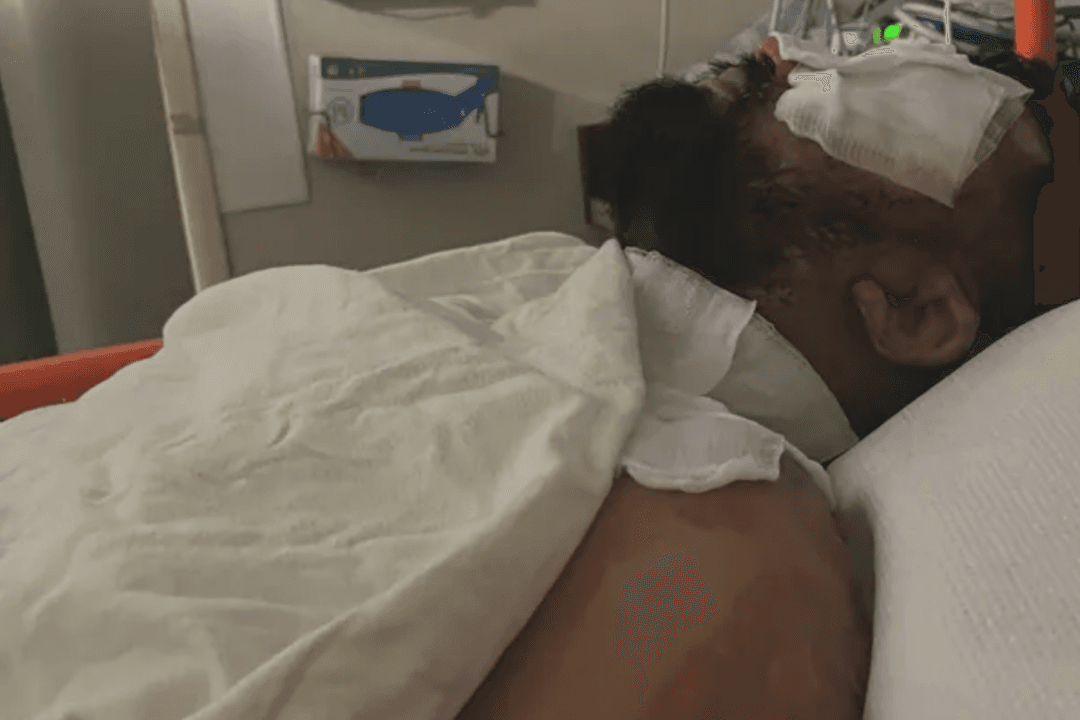Be Well OC—a mental health support system serving Orange County through a partnership of hundreds of public and private organizations and government agencies—recently released a report (pdf) specific to its mobile response program in Huntington Beach that summarized the program’s contribution to public safety and residents’ mental well-being in the past year.
According to the report, which analyzed the program’s first year in the city, from August 2021 through the end of July, its mobile service responded to about 2,000 calls—with an average of 170 calls per month—from the city’s callers.




